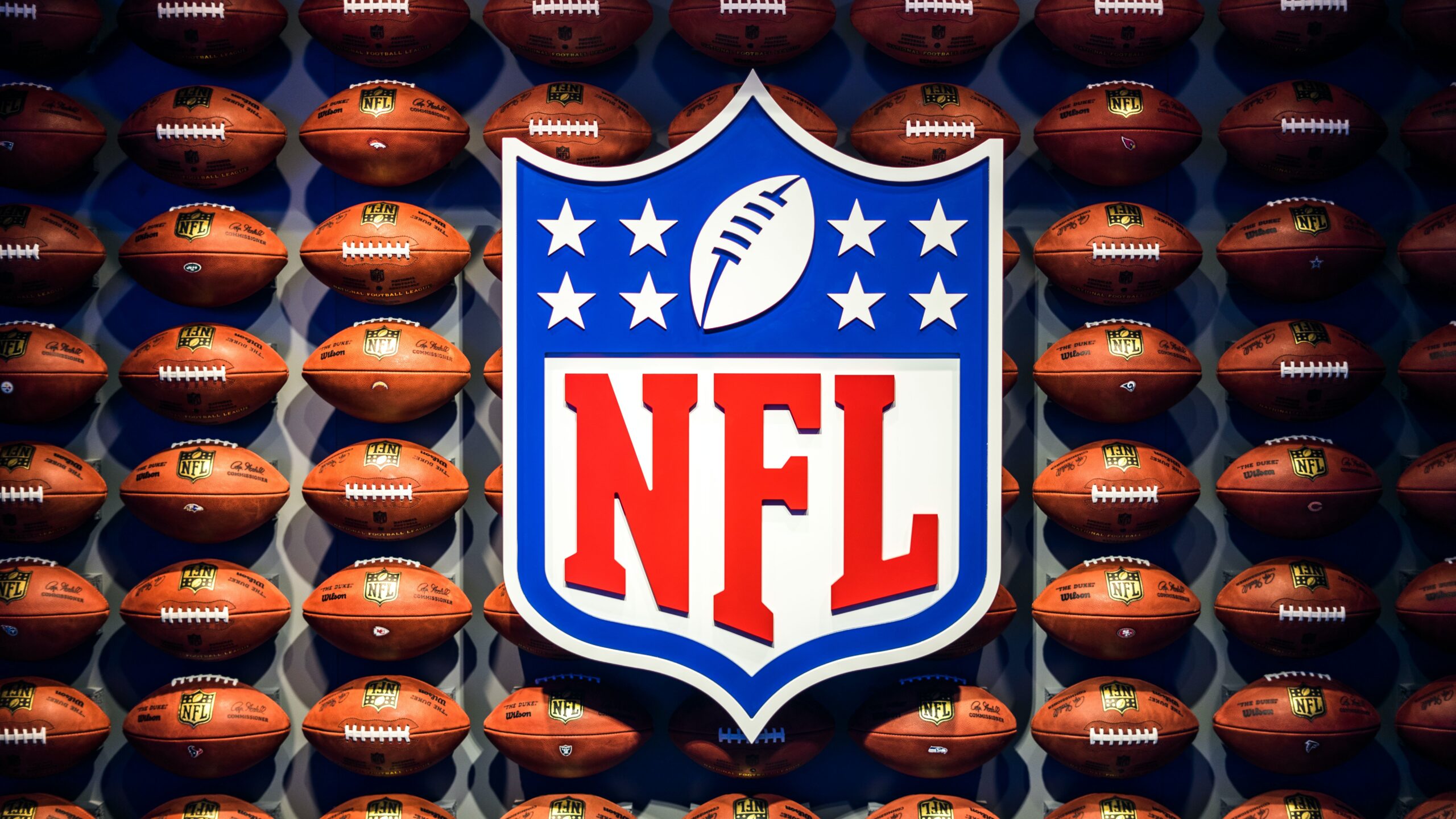
Last summer, Anna Isaacson, Senior Vice President of Social Responsibility with the National Football League, sat down to discuss the positive change the NFL is making in communities across the nation. She believes that giving back to the NFL community is important to their company and adds that she thinks “that comes from our roots, we are driven by our fans.” But is the NFL staying true to its word or is it all talk?
In 2018, the NFL launched the Inspire Change campaign to show its commitment to social justice work. However, because social justice is such a broad term, Isaacson says that the campaign is about opening up access for all with a focus on four key areas including education, economic advancement, criminal justice reform, and police and community relations. Inspire Change has the goal to acknowledge racism through sharing messages, funding projects with grants and reforming public policy.
As with many other companies’ CSR efforts, things took a big turn in 2020 after the death of George Floyd. Real change and reflection had to happen. Not just empty promises. Over a 10-year period, the NFL is putting $250 million into social justice causes. And not just the NFL itself is bringing attention to racial injustices—but their partners and sponsors are too. For example, the gear that the players wear and the fields that they play on have the words “end racism” on them. Also, Isaacson described how “each club had a dedicated home game, to highlight their social justice initiatives in their local markets.”

The driving force for this initiative comes from the players but is an issue that is important to both the players and fans alike. Making grants is a valuable asset in the organization being educated and educating others. Members of the NFL can use Inspire Change as an outlet to make their communities more open for all with events highlighting Pride month, AAPI Awareness month and more.
A tricky aspect of this is making sure that the information they’re sharing with communities won’t hurt the source of the people they’re trying to help. One question that the NFL is asking before they go forward with an idea is: “have we communicated with all the right stakeholders, before we make decisions on something that’s going to impact them?” says Isaacson.
After so many years of players not being able to tell their stories, it’s a breath of fresh air for players, coaches and many others involved in the NFL to be able to enact the change that they want to see in their communities.

